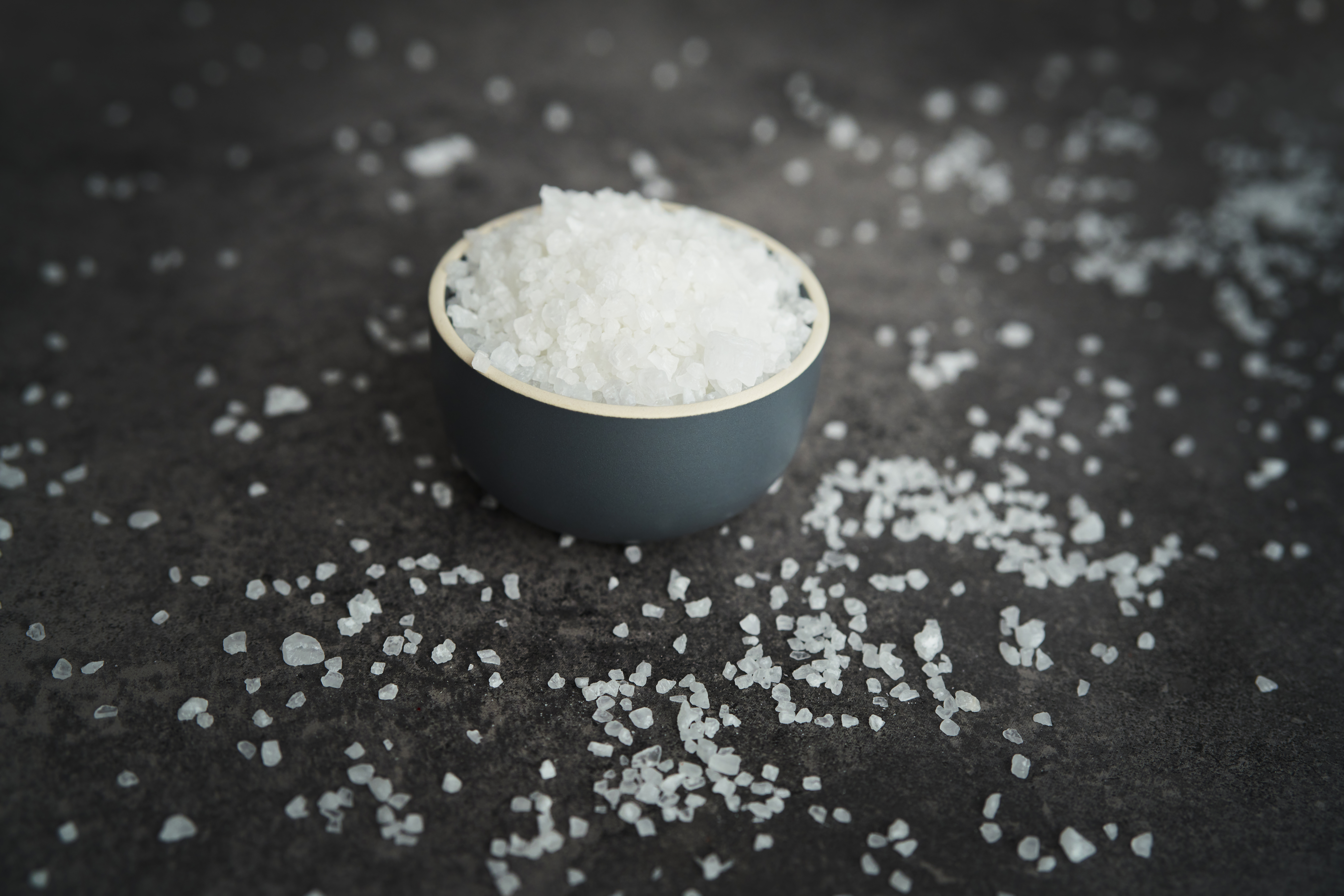One age-old remedy that often surfaces is the suggestion to pour salt down your drain to tackle stubborn clogs. The concept of using salt as a plumbing panacea has been around for generations, with proponents swearing for its effectiveness. But is this kitchen staple the magic solution it’s purported to be, or is it just another home remedy myth? Let’s delve into the debate and explore the intricacies of the salt down the drain trick.
Why Pour Salt Down the Drain?
So, why would you pour salt down your drain in the first place? The logic behind this DIY method is rooted in the abrasive nature of salt, which is believed to help break down debris and grease clinging to the walls of the pipes. The idea is that introducing salt into the equation can create a scouring effect, potentially clearing minor clogs and restoring the water flow.
However, plumbing experts and professionals offer a word of caution when relying solely on the salt down the drain trick. While salt possesses some mild abrasive properties, it may not be the solution DIY enthusiasts hope for when faced with a stubborn clog. Understanding this method’s limitations and potential risks is crucial before reaching for the saltshaker.
One of the primary concerns with the salt in drains approach is the potential for pipe corrosion. Many modern plumbing systems utilize various materials, including metal and PVC pipes. Salt can accelerate corrosion when introduced in significant quantities, leading to long-term damage to the pipes. When attempting a DIY fix, the last thing you want is inadvertently causing more harm than good.
Moreover, the effectiveness of the salt down the drain trick is often contingent on the type and severity of the clog. Minor blockages caused by soap scum or grease may see some improvement with the abrasive action of salt, but more substantial obstructions, such as tree roots or solid debris, are unlikely to be dislodged by this method alone.
Salt in Drains: The Environmental Impact
If you’re contemplating the salt in drains approach, it is also important to consider the environmental impact. Salt has the potential to find its way into the water supply, leading to increased salinity levels. This can harm aquatic ecosystems and threaten local flora and fauna. Responsible plumbing practices extend beyond our homes and into the broader environment, prompting us to weigh the consequences of our DIY actions.
For those determined to explore the salt down the drain method, starting with a moderate amount is advisable. A small quantity of salt combined with hot water may help alleviate minor
clogs without posing a significant risk to your plumbing system. However, it’s crucial to monitor the results and, if the issue persists, consider more reliable and proven methods.
Pour Salt Down Your Drain with Caution
A more prudent and widely accepted alternative to the salt down the drain trick is a mixture of baking soda and vinegar. This classic DIY solution relies on the chemical reaction between the two ingredients, producing a fizzing action to help break down debris and clear clogs. While not a guaranteed fix for every plumbing issue, it tends to be a safer and more eco-friendly option compared to the potential pitfalls of excessive salt usage.
The age-old practice of pouring salt down your drain as a quick fix for clogs may have some merit for minor issues, but it comes with risks and limitations. Plumbing systems are complex, and DIY solutions should be cautiously approached, especially when dealing with potentially corrosive substances like salt. Responsible plumbing practices involve considering the long-term impact on your pipes, the environment, and the efficacy of the chosen method.
Before reaching for the salt shaker, it’s advisable to explore alternative methods or, better yet, consult with a professional plumber. When faced with persistent plumbing problems, seeking expert advice ensures that the chosen solution is effective and safe for your plumbing system and the environment. While the allure of quick fixes is understandable, a measured and informed approach to plumbing issues will yield more reliable and lasting results. If you have any questions, contact us today.




